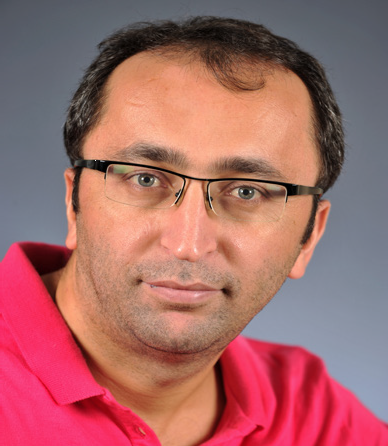Turkey-GCC relations have gained a new momentum in the 2000s: not only economic and cultural relations, but also diplomatic relations have improved beyond recognition. The latter found its most visible expression on September 2, 2008 when the GCC foreign ministers declared Turkey a strategic partner. Turkey-GCC relations have improved for a number of important reasons. First of all, Turkey has become an increasing magnet for Gulf-based investors while the GCC region, led by Saudi Arabia, has become one of the leading providers of energy to Turkey. The Gulf States perceived Turkey’s rising profile and its anti-Israeli rhetoric as balancing Iranian influence in the region so as to ease the security concerns of the Gulf ruling elite. The most important point worth mentioning is that the pressure for change unleashed by the Arab awakening and the uprisings in Syria has pushed both sides to build closer relations not only on the security level but also on the economic and political/diplomatic levels. Relying on interdisciplinary modes of analysis, this workshop will focus on three areas of research so as to understand the opportunities and challenges of the warming relations between the Gulf States and Turkey: security, trade and investment, and globalization.
3 DAYS / 12 Workshops
MORE THAN 300 ACADEMIC PAPERS
Considerable work has now been done on the relations between Gulf and Asian states. Some of this Within the framework covered in the abstract, the workshop seeks to attract papers which will offer new approaches and perspectives concerning the sustainability of the current rapprochement between the Gulf States and Turkey. In this context, the major aim of the workshop is not only to focus on the current situation but also to open up new horizons by anticipating future opportunities and challenges. Therefore, we invite papers from scholars working in different disciplines ranging from education, terrorism, drug smuggling to energy and economy. Given the fact that the both sides are enthusiastic about diversifying their relations to cope with the newly emerging challenges on the regional and global levels, it becomes more apparent that the Gulf States and Turkey share a common interest in seeing the emergence of a stable region at a time when growing pressures for political change (the Arab awakening) sweep over the Middle East, and Iran seeks to fill the power vacuum created by the withdrawal of US combat forces from Iraq. In this context, our major questions are as follows: what can the Gulf States and Turkey offer to each other in terms of the above-mentioned areas? What kind of policies can the both sides formulate in order to make the warming relations sustainable? What kind of tools can be utilized by the GCC states and Turkey to further grassroots relations so as to cope with the historical baggage concerning Turkey’s Ottoman past that the GCC states carry and the prejudices of the Turks concerning the individual-state relations in the GCC states. This workshop specifically seeks to understand to what extent the GCC states and Turkey can further cooperation especially in soft security issues at a time when many allege that the sectarian-based hard security priorities rather than individual-based ones are the main impetus behind the current cooperative relations between Turkey, Saudi Arabia and Qatar. At a time when the Gulf States-Turkey relations are being remolded, the relations of both sides with the global actors, especially the United States are of crucial importance. Therefore, another concern of the workshop will be related to the redefinition of the role of the United States in the Gulf in accordance with the changing dynamics of the Gulf and the Middle East after the Arab awakening, especially the Syrian uprisings. Given the few academic works on GCC-Turkey relations, this workshop will mainly aim to be a vantage point from which the scholars belonging to different disciplines can initiate further questions on relations between the two regions. Our primary objectives in organizing this workshop on Turkey-GCC relations are:
· To analyze the main drivers of Turkey-GCC relations in the 2000s within the context of broader local, regional and global developments
· To anticipate whether these relations can be sustained in the future and what implications this might have for the other regional and global players · To explore the ways in which Turkey and the GCC can help each other overcome the challenges and realize the opportunities the two sides face
· To provide realistic and concrete policy recommendations to foreign policymakers in Turkey and the GCC 3
· To give a boost to literature on Turkey-GCC relations.

